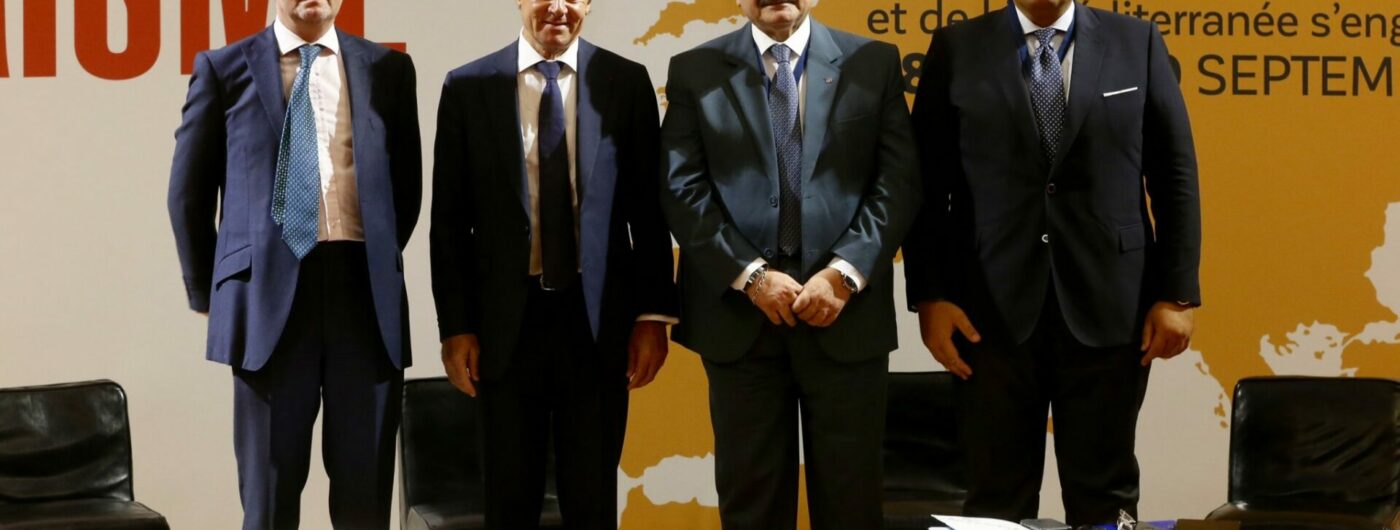
Preventing Radicalisation
Nice, 30 September 2017. UfM Deputy Secretary General Amb. Ihab Fahmy participated as keynote speaker in the Euro-Mediterranean Conference of Cities on the Prevention of Radicalisation, held in Nice on 29 and 30 September 2017.
The Conference was chaired by Christian Estrosi, President of the Réseau des Villes Euromed [Euromed Cities Network], with the participation of Julian King, European Union Commissioner for the Security Union and Amb. Hatem Atallah, Executive Director of the Anna Lindh Foundation. The Conference also gathered several mayors and governors of cities from the North and the South of the Mediterranean, and other key representatives from academia, research institutes, think tanks, and civil society, including Prof. Abdelhamid El-Zoheiry, President of the Euro-Mediterranean University of Slovenia and Mr. Mohammed Kabbaj, Chancellor of the Euro-Mediterranean University of Fez, as well as the Institute for Strategic Dialogue (ISD); Europol’s European Counter Terrorism Center (ECTC); the Center for Intelligence Against Terrorism and Organized Crime (CITCO); and the European Institute for the Mediterranean (IEMed).
Through a series of roundtables, the two-day Conference delved into a number of key questions, namely, what local, city-level strategies could be adopted, how to prevent youth radicalisation and how knowledge, art, and culture could serve in the prevention and fight against extremism.
During their bilateral meeting, UfM Deputy Secretary General Fahmy and Euromed Cities Network President Estrosi and Secretary General Bernard Massabo discussed future joint activities and examined the possibility of creating a Mediterranean Network of Smart City Innovation Centres.
STATEMENT
UfM Deputy Secretary General Ihab Fahmy: “No city is spared from this global threat, as the relentless string of attacks all over the world shows. On both shores of the Mediterranean, our cities, our people, and our way of life are equally vulnerable to such heinous attacks… The magnitude of this challenge we are facing calls for united and coordinated action, but more importantly, calls for a common perception and common understanding of the nature of such a challenge in order to effectively and comprehensively address its root causes.”
MORE INFORMATION



